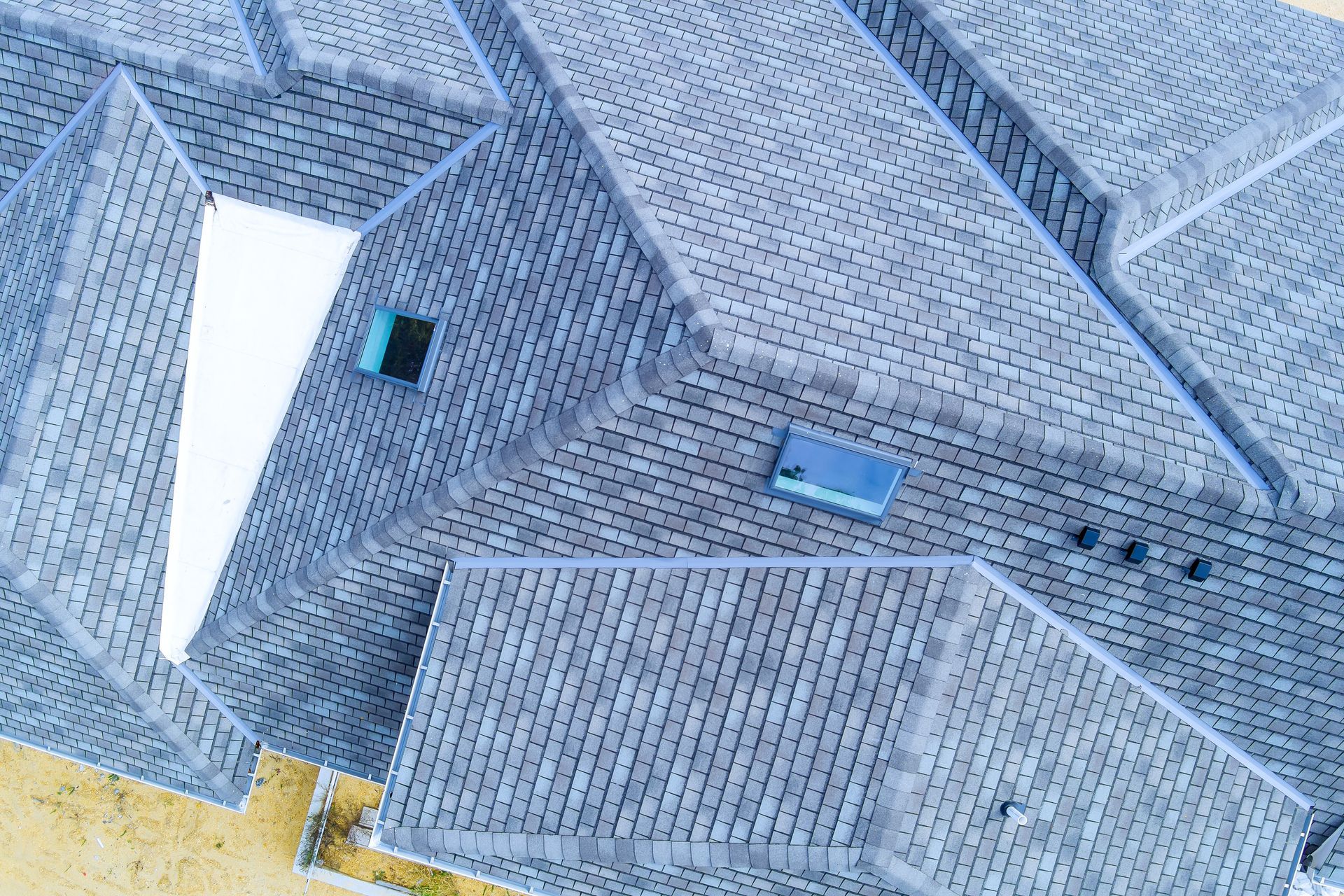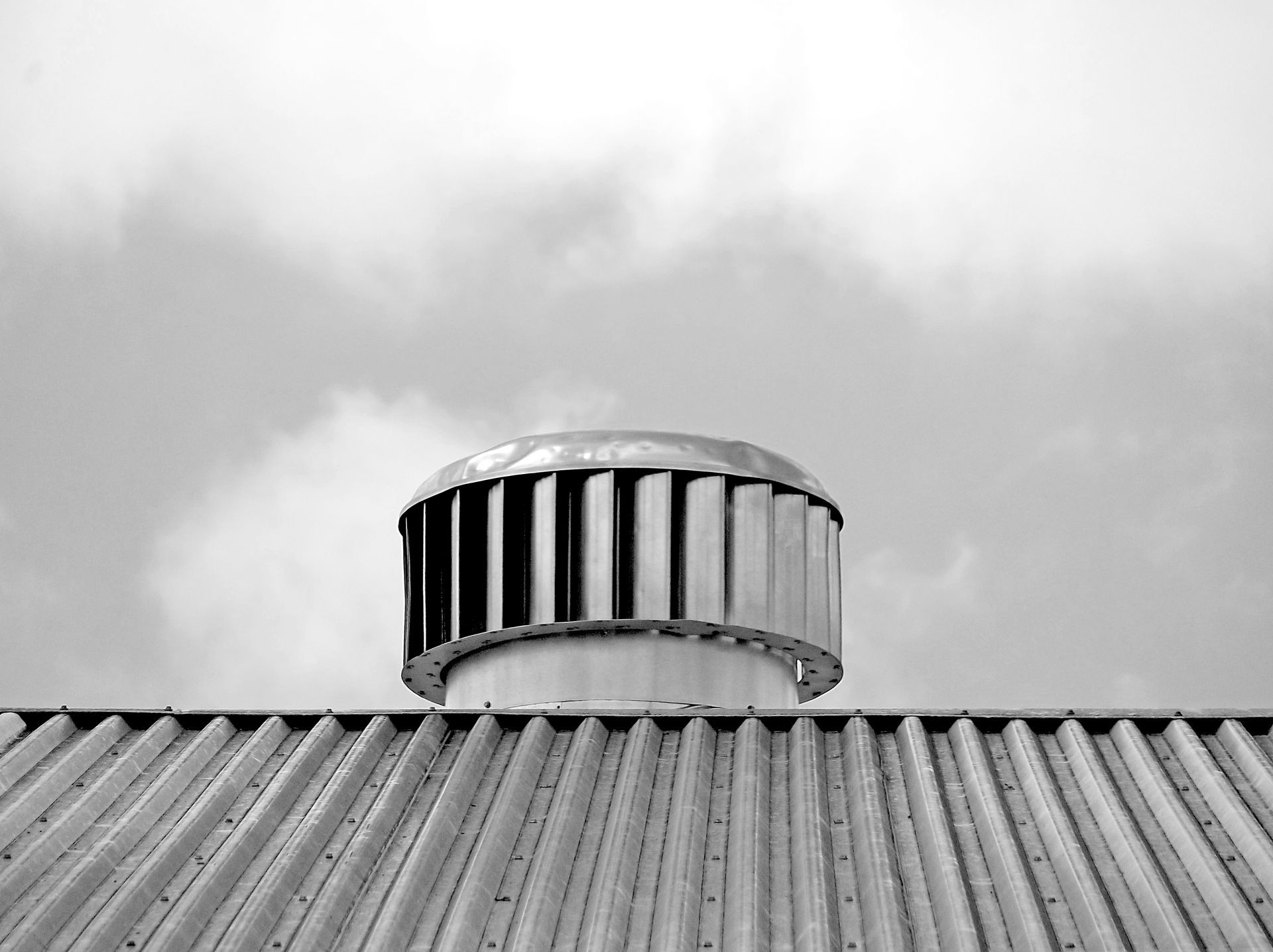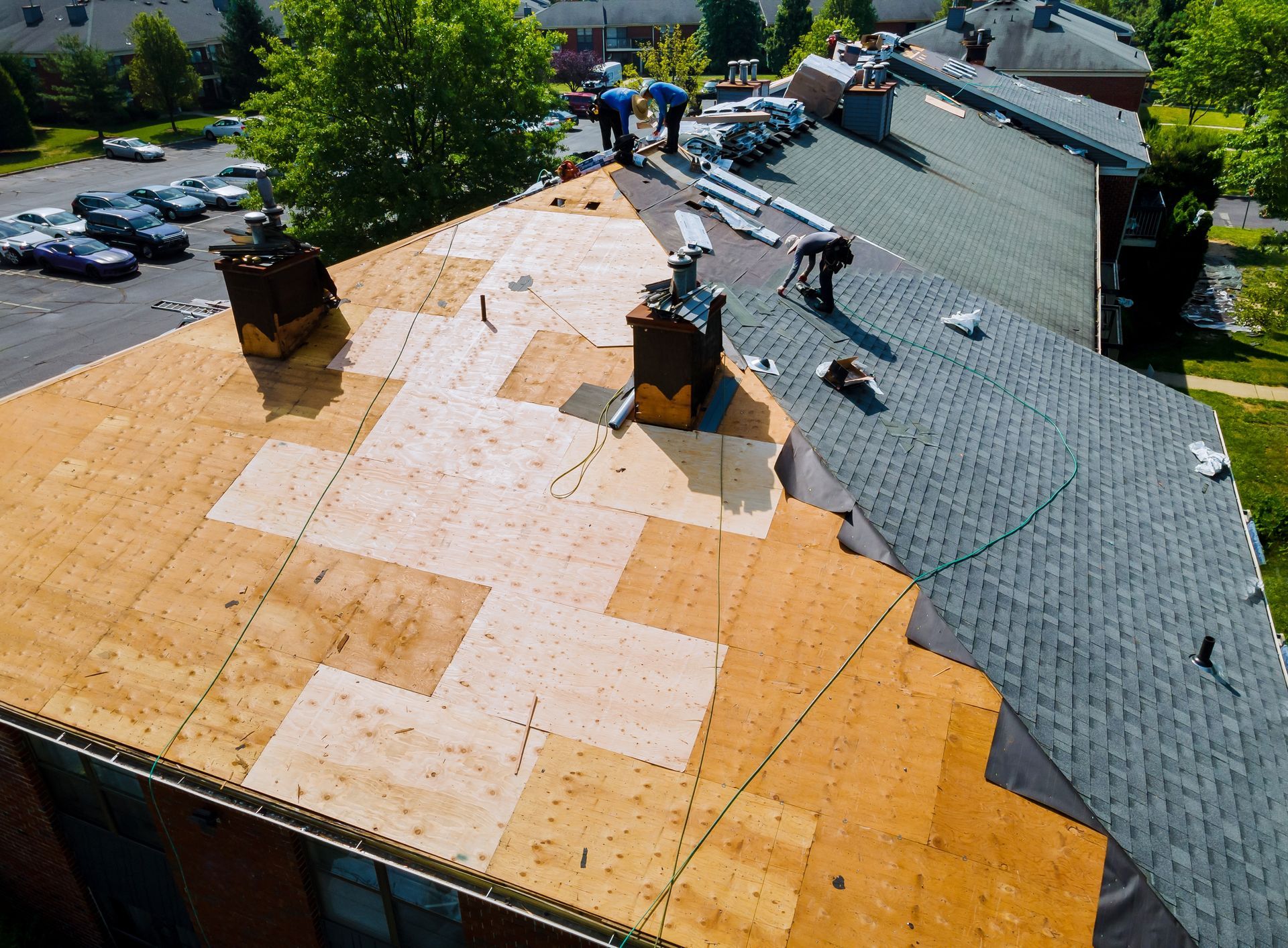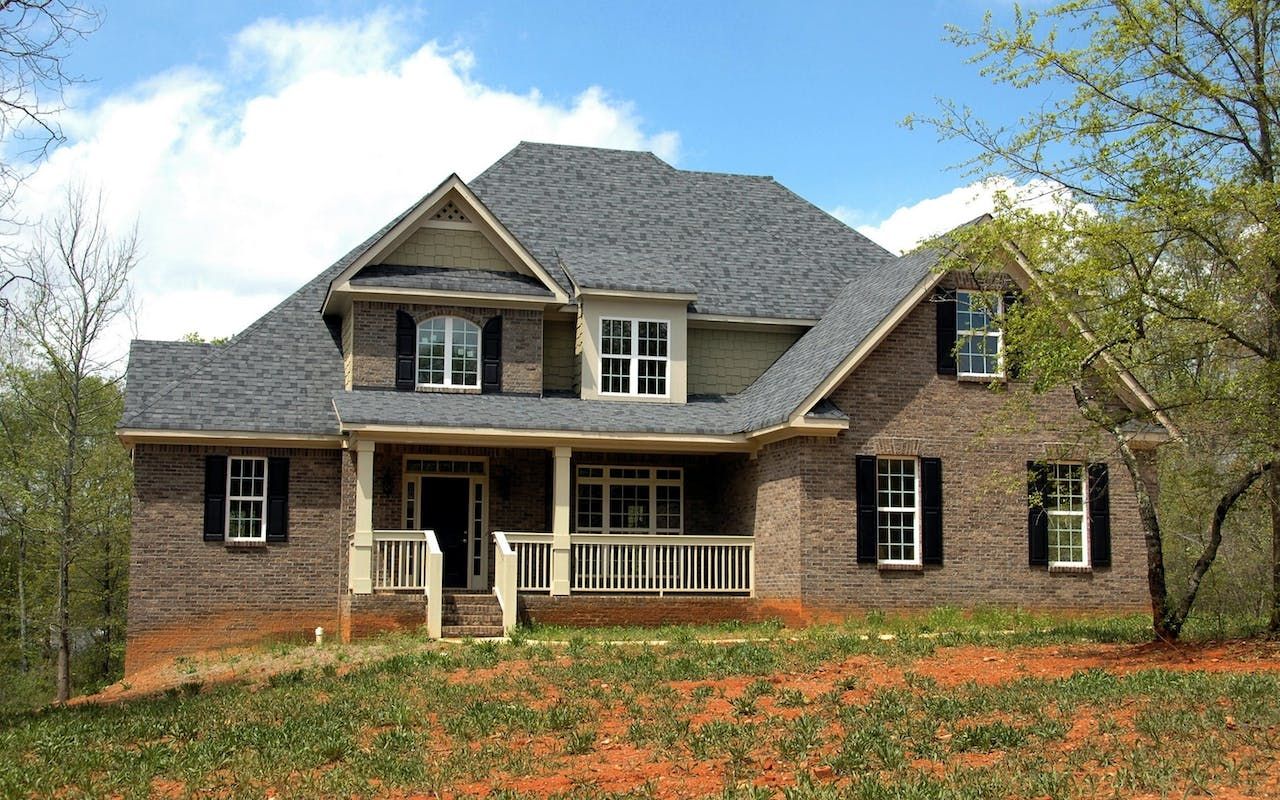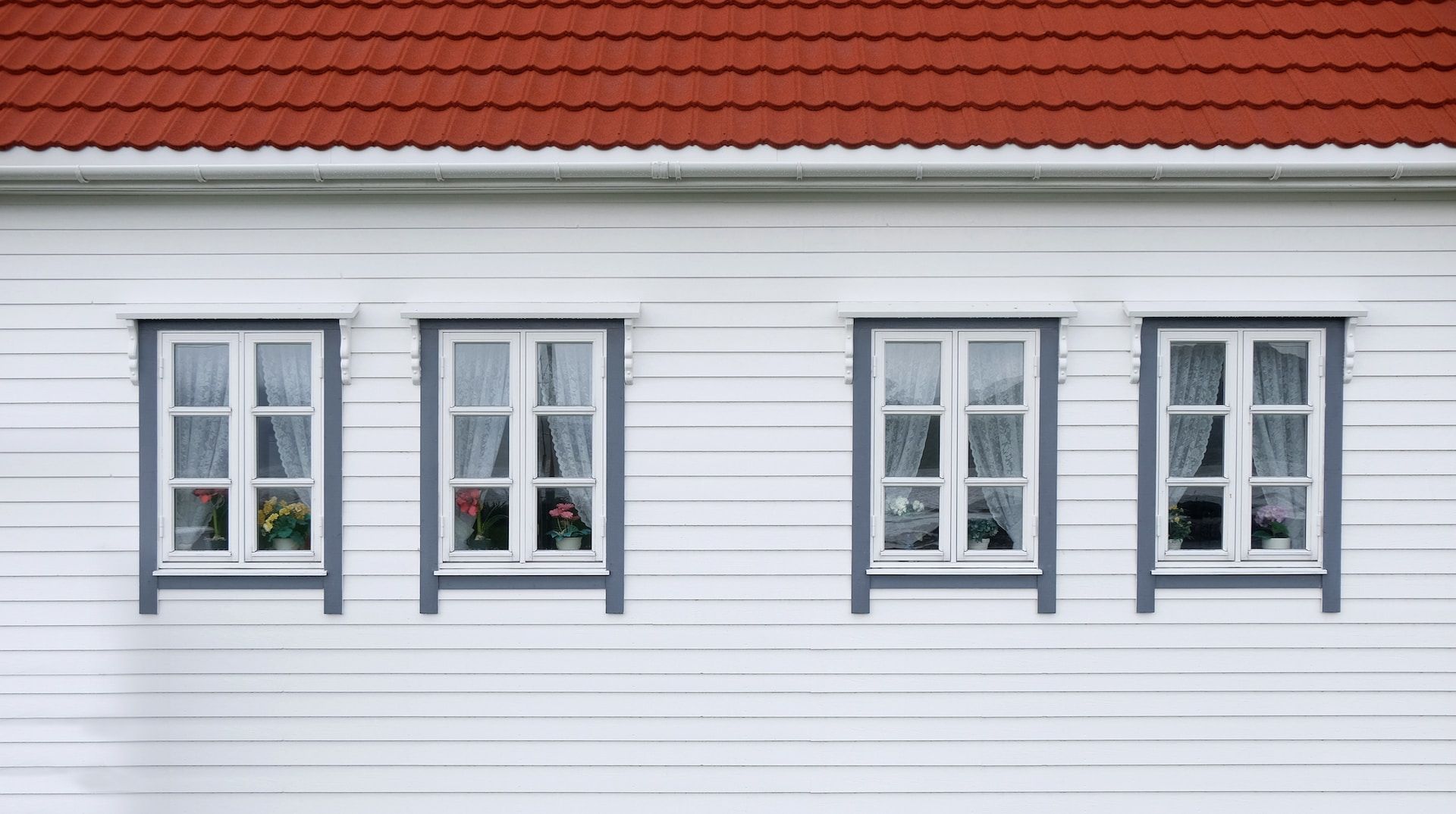The roof is often considered as one of the most important parts of any building, be it residential or commercial. It provides shelter, protection, and security for the occupants and their belongings. However, many people underestimate the importance of regular roof inspections and maintenance, leading to costly damages and repairs in the long run. In today's fast-paced world, it's crucial to be proactive and take care of the elements of your property that often go unnoticed until problems arise.
A well-maintained roof is the first line of defense against harsh weather conditions, including rain, snow, hail, and windstorms. It can significantly increase the overall value and curb appeal of your property. Regular inspections help you detect any damage or vulnerabilities in your roofing system, allowing you to address them promptly before they escalate into more significant issues, requiring costly repairs or replacement. Furthermore, routine roof inspections help ensure that your building adheres to local safety codes and prevents possible liabilities. It also enables you to maintain the structural integrity of your home or business establishment and keeps the occupants safe from various hazards.
In this blog post, we will explore several aspects of regular roof inspections, including their potential benefits, what to expect during an inspection, the differences between residential and commercial roof inspections, and the importance of professional roof inspection services. Stay tuned as we dive into the world of roof maintenance and how a proactive approach can keep your roof in prime condition for years to come.
The Undeniable Benefits of Regular Roof Inspections
Roof inspections are crucial for identifying potential problems and addressing them earlier, helping to avoid expensive repairs. Some notable benefits of regular roof inspections include the following:
1. Prolonging Roof Lifespan: Regular inspections and maintenance can significantly extend the life of your roofing system, protecting your investment and reducing long-term costs.
2. Early Detection of Damage: Seasonal changes and severe weather conditions can lead to various types of damage to your roof. Identifying these problems early can help you take prompt action, preventing the damage from escalating.
3. Maintaining Curb Appeal and Property Value: A well-maintained roof contributes to the aesthetic appeal and overall property value of your home or commercial establishment. Periodic inspections and maintenance keep your roof looking great and in good condition.
4. Ensuring Safety and Compliance: Regular roof inspections help ensure your property adheres to local safety codes and regulations, maintaining the structural integrity of your building and ensuring the safety of its occupants.
What to Expect During a Roof Inspection
A comprehensive roof inspection will cover both the exterior and interior components of your roofing system. Here are sample checkpoints your roofer will investigate:
1. Roof Surfaces: The roofer will examine the roof surfaces for visible signs of wear, damage, or missing materials, such as missing shingles, cracked tiles, or deteriorating metal panels.
2. Flashings and Seals: The inspector will check the condition of flashings and seals around roof penetrations (vents, chimneys, skylights, etc.) to ensure they remain watertight and well-sealed.
3. Gutters and Downspouts: The roofer will assess your gutters and downspouts for any signs of damage, blockages, or improper installation that could lead to water damage or other issues.
4. Roof Structure and Attic: The inspector will also examine your roof structure and attic space to evaluate the condition of insulation, ventilation, and signs of water damage, mold, or pest infestations.
5. Overall Roofing System: Finally, the roof inspector will evaluate your roofing system as a whole, looking for any signs of inadequate design, poor installation, or potential problems that may cause future damage or failures.
Residential vs. Commercial Roof Inspections
Although the principles and benefits of regular roof inspections apply to both residential and commercial properties, there are differences in the methods and focus areas for each type of property:
1. Roofing Materials: Residential roofs typically use materials such as asphalt shingles, metal, or tile, while commercial roofs often use built-up roofing, single-ply membranes, or modified bitumen. Inspectors must be knowledgeable about the specific materials and systems used in the property they are inspecting.
2. Roof Design and Complexity: Residential roofs generally have simpler designs and fewer penetrations than commercial roofs, which typically have more complex systems and larger roof sections. This means that commercial roof inspections may require more in-depth assessments and expertise.
3. Access and Safety: Commercial roofs often involve working at greater heights and dealing with additional safety concerns, such as skylights or roof-mounted equipment. Roof inspectors should be experienced in working with these types of conditions and follow appropriate safety protocols.
4. Maintenance Schedules: Given their size and complexity, commercial roofs may require more frequent inspections and maintenance activities than residential roofs. Property owners and managers should consult with a roofing professional to determine the optimal inspection and maintenance schedule based on the specific property and type of roofing system.
The Value of Professional Roof Inspection Services
While some minor roof issues can be identified by a visual inspection from the ground, enlisting the help of a professional roofing company like Expert Roofers Columbus can save you time, money, and stress in the long run. Our experienced, licensed inspectors possess the skills, tools, and expertise to conduct a thorough inspection and provide accurate recommendations for addressing any identified problems. By entrusting your roof inspection to a professional, you reap several benefits:
1. Comprehensive and Accurate Assessments: Professional roofers use state-of-the-art tools and have years of experience to detect issues that may escape the untrained eye.
2. Expert Recommendations: Licensed professionals can provide reliable advice on the best course of action based on the specific materials, design, and climate considerations related to your roof.
3. Safety and Efficiency: Roof inspections involve climbing onto the roof and evaluating various components. Professionals have the necessary equipment and experience to ensure that your inspection is conducted safely and efficiently.
4. Warranty and Insurance Benefits: Regular professional roof inspections can help you retain warranty coverage and may result in better outcomes with insurance claims in case of storm damage or other covered events.
Conclusion
Regular roof inspections are an essential aspect of property maintenance, providing valuable benefits in terms of safety, longevity, aesthetics, and cost savings. By partnering with Expert Roofers Columbus for your inspection needs, you can ensure that your roof system remains in top condition, with all potential issues identified and addressed in a timely manner. Whether you own a home, manage a commercial property, or are responsible for a multi-unit residential building, don't underestimate the power of regular roof inspections in protecting your investment and maintaining your property's value and safety.
At Expert Roofers Columbus, we understand the need for proper roofing care and strive to provide the highest quality roof repair, installation, and replacement services to our customers. Our experienced
roofing contractors in Columbus, GA, use their expertise and state-of-the-art equipment to assess the condition of your roofing system and recommend the best course of action tailored to your specific needs. Reach out to us now to learn more about our services.
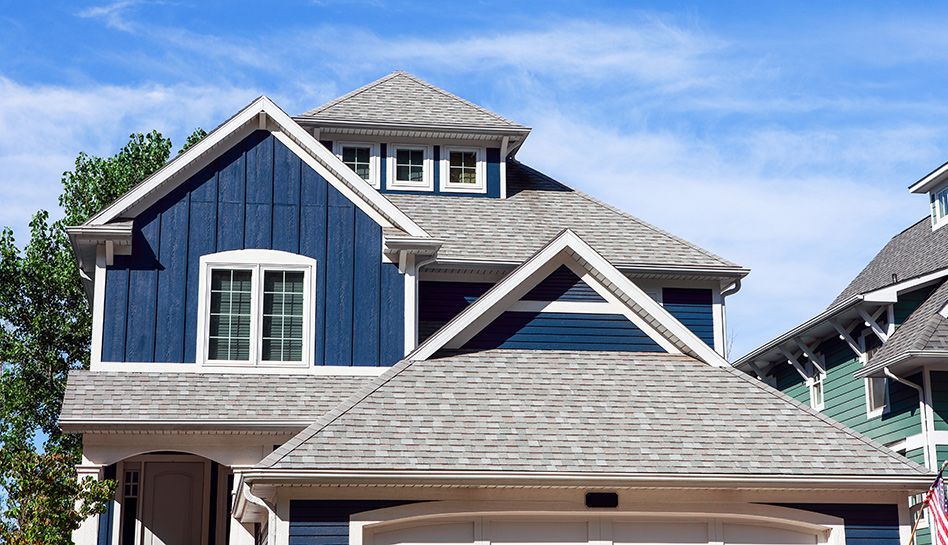
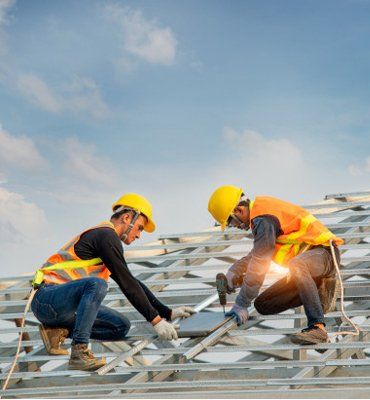
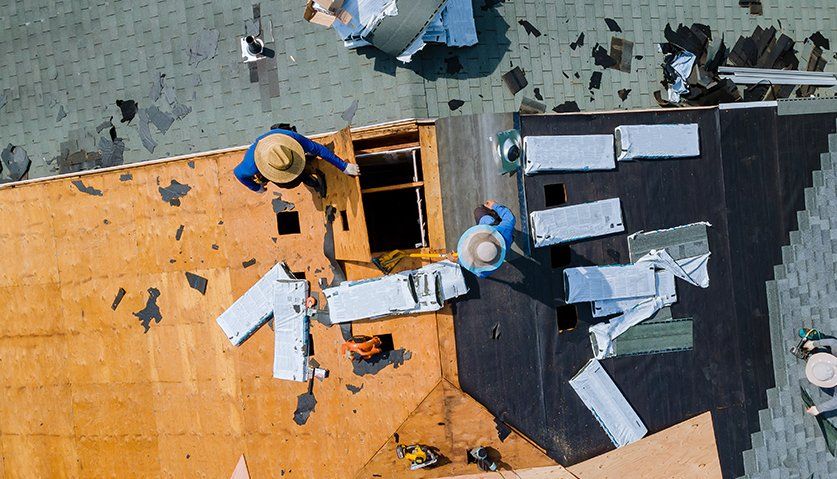
About Company
Expert Roofers Columbus GA is a roofing company that has served the Columbus, GA area for many years. We are a family-owned and operated business, and we take pride in our workmanship.
Get In Touch
Quote Form
We will get back to you as soon as possible.
Please try again later.
All Rights Reserved | Expert Roofers Columbus

